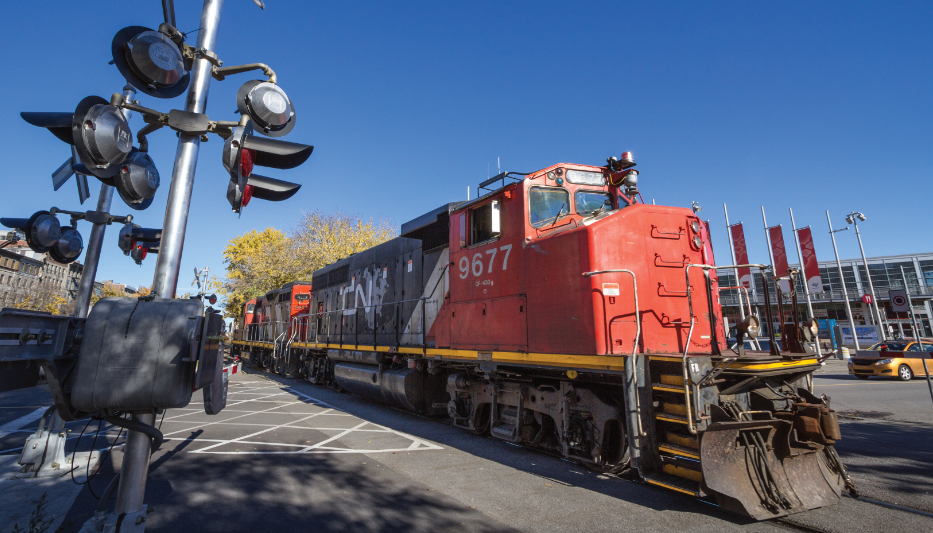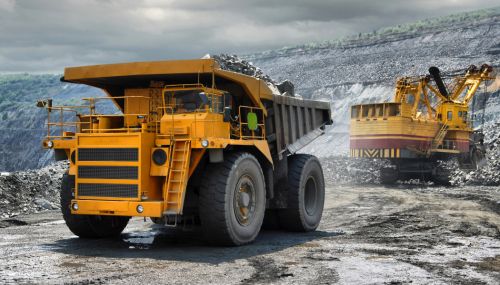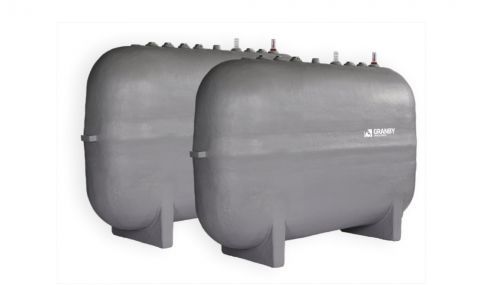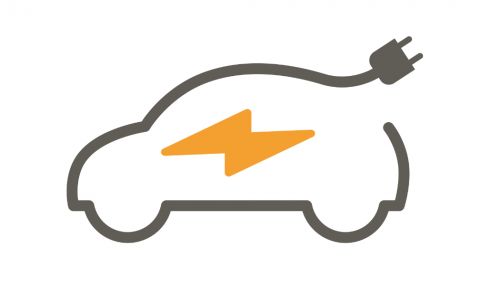All
Propane Supplies Threatened by Canada Rail Troubles ... Again
by Samuel Diamond

The logistics of bringing a steady supply of propane into the Northeast region have never been simple. The Jones Act prevents foreign vessels from transporting marine shipments between East Coast ports. Midwest agriculture demands can lead to a shortage of inventories from that region, where propane is used to power crop drying. And if it isn’t the weather posing significant challenges for much-needed Canadian rail supplies, it’s something else, like labor disputes or most recently, protestor blockades.
The weeklong Canadian National (CN) Railway worker strike ended on November 26, 2019, but not before causing several propane wholesalers to declare force majeure on supply contracts. However, the overall impact to the Northeast U.S. region was mostly cushioned thanks to the warmer weather, the strike’s quick resolution and the even quicker thinking of Propane Gas Association of New England (PGANE) leadership. Working in conjunction with regulators and association partners, PGANE proved successful in prompting governors in the affected areas to declare states of emergency and suspend hours-of-service requirements so that emergency supplies could get where they needed to go before any significant disruptions occurred.
Still, it seemed like some propane sellers just couldn’t catch a break this heating season, as protests by the Wet’suwet’en First Nation in British Columbia spread east in February 2020, culminating in railway blockades across the CN, VIA Rail, and Canadian Pacific (CP) Railway lines. The protests had been going on for about a year in response to a natural gas pipeline across indigenous territories, but the opposition picked up steam when police began arresting demonstrators.
Hitting particularly close to home for Northeast fuel dealers, members of the Tyendinga Mohawk Territory established a rail blockade in Belleville, Ontario — about 100 miles east of Toronto — halting shipments along a major thruway into Vermont, Maine and Eastern Canada. Mohawks also blocked off the CP railroad in Kahnawake, Quebec, stopping shipments between Montreal and Albany.
Over 400 trains were canceled, according to one source.
On February 11, CN announced that it would be forced to shut down parts of its network unless the blockades were removed. “The blockades near Belleville, ON, on CN’s only eastern link between Western Canada and Eastern Canada and between Eastern Canada and the US Mid-West and on CN’s northern mainline in B.C. between Prince George and Prince Rupert, are impacting all Canadians’ ability to move goods and enable trade,” the railway company said in a statement.
According to Canadian Propane Association CEO Nathalie St-Pierre, the situation became so dire that supplies had to be rationed in the Atlantic Provinces and such measures were being considered in Quebec as well.
“The silver lining to this season’s unusually warm weather is that there are still plenty of propane supplies available in New England despite the blockades,” said PGANE President & CEO Leslie Anderson. After taking a series of calls with Vermont Emergency Management taskforce members, Anderson told Oil & Energy that propane suppliers in the state had been actively rerouting U.S. rail shipments and trucking in propane from Selkirk and Albany, New York to help make up for inventory that had been cut off by the blockades.
In addition to Vermont, the PGANE leader was also keeping close watch over Maine. “Lines into the Bangor-Hampden area come mostly from Montreal, and there are nearly 100 rail cars, from numerous companies, stuck on the upstream side of the blockade,” Anderson said. Rail cars that had been set for loading were instead left stranded for as long as 14 days, she explained. “I feel a lot of empathy for PGANE members that just had railcars in the wrong place at the wrong time,” Anderson added. “No amount of pre-planning could have prevented it. Most propane dealers have solid supply plans in place, but the roll of the dice impacts certain companies more than others, and this is why diversity of supply is so essential in New England.”
Making matters worse for Maine’s propane industry was a lack of easy access to out-of-state supplies. “PGANE members are repositioning in Maine, but can’t just run over to New York like Vermonters can, so instead they have to go down to Newington or other supply points in Auburn.” Such travel demands meant industry leaders needed to pay special attention to the region’s northern-most state.
“There’s plenty of propane in New England,” Anderson said. “It’s just not always in the right locations.”
Fortunately, it didn’t seem like the situation would end up impacting consumers south of the Canadian border. “Transportation companies and third-party haulers are able to respond to PGANE member needs if the blockade continues,” Anderson said. “Because most companies have enough propane on location to get through the next few weeks, I expect deliveries to continue seamlessly on the customer side and don’t anticipate the blockades becoming a major issue for U.S. consumers. In fact, the warmer temperatures have allowed some marketers in Maine and New Hampshire to help our Canadian colleagues, and we now have some Canadian transports loading from terminals in these states.”
At press time (February 25, 2020), Canada Prime Minister Justin Trudeau had called for an end to the blockades and Canadian police had moved in to clear the choke point in Belleville. Whether arrests of protesters there would cause additional demonstrations and blockades to spring up elsewhere remained to be seen.
Related Posts
 U.S. Competing to Secure Critical Minerals
U.S. Competing to Secure Critical Minerals
Posted on June 16, 2025
 The Clean Air Act, the EPA, and State Regulations
The Clean Air Act, the EPA, and State Regulations
Posted on May 14, 2025
 Day Tanks Support Back-up Generators in Extreme Conditions
Day Tanks Support Back-up Generators in Extreme Conditions
Posted on March 10, 2025
 Major Breakthrough in Lithium-Ion Batteries
Major Breakthrough in Lithium-Ion Batteries
Posted on February 12, 2025
Enter your email to receive important news and article updates.
